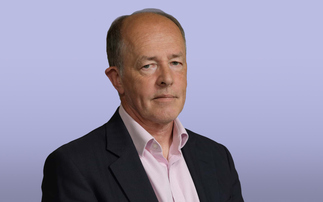The Financial Ombudsman Service (FOS) has hit out at the FSA for not intervening to tackle the Payment Protection Insurance (PPI) problem sooner and criticised the industry for being addicted to regular mis-selling scandals.
It also revealed it is to start publishing its findings following government requests for greater transparency.
Speaking at the British Bankers' Association (BBA) complaints-handling seminar, Tony Boorman, principal ombudsman, explained the FOS had been left with over 100,000 complaints from the PPI scandal and warned the industry had become its own worst enemy.
"It sometimes seems as if this industry is addicted to regular mis-selling scandals," he said.
"So what lessons can we learn from PPI and from those previous cases of "mass detriment" and industry failures? The first lesson is clearly that early and decisive action is in the interests of all parties.
"Too often we have seen problems that are at first ignored, then denied, then minimised, and only eventually tackled when it is too late," he added.
Boorman also targeted the regulator for not acting more decisively when the scandal first broke.
"Much of the focus here has been on the role of the regulator," he continued.
"There is a perception that too often in the past the regulator has, for whatever reason, been unwilling or unable to act - or at least to do so promptly.
"Whatever your perspective on the issue, I don't think any of us would disagree that earlier regulatory action on PPI would have been in the public interest.
"But the industry also has a responsibility - it needs to be more open to accepting critical observations about past practices and more ready to propose ways in which those problems can be resolved fairly, efficiently and promptly," he added.
Boorman also clarified FOS' approach to handling claims and the path to greater transparency by publishing its findings.
"We need a way to ensure we make information openly available in an orderly and fair way - not least recognising the sensitivity of much of the personal information which we need to handle.
"But I also think greater transparency will help bust some myths about what, in reality, we actually do.
"Our next steps here will be to set out for discussion later this year how we might best handle the publication of ombudsman decisions," he added.










